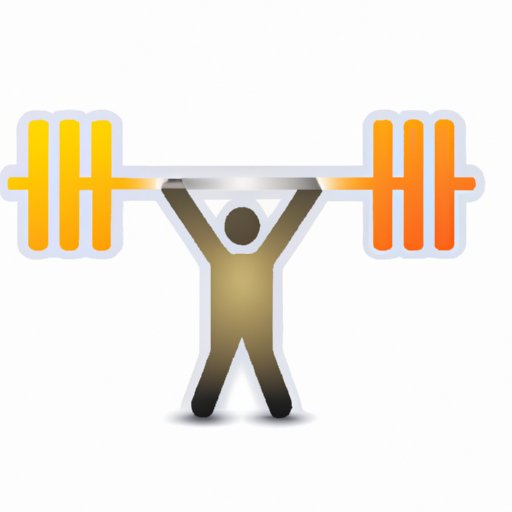
Can Weight Lifting Stunt Growth?
Weightlifting has been a popular form of exercise for centuries. It is a fantastic way to improve strength, build muscle, and maintain overall physical fitness. However, many individuals believe that weightlifting may hinder growth in young people. This claim has led to debates about whether or not weightlifting does, in fact, stunt growth in adolescents.
Conducting Research
There is a great deal of scientific research available that addresses the relationship between weightlifting and growth. According to studies, there is no evidence that lifting weights has a negative impact on growth in young people. In fact, weightlifting can improve bone density and overall health, which can be especially beneficial during the growing years.
Despite this scientific evidence, many people still believe that weightlifting may stunt growth. It is believed that lifting weights may compress the spine, leading to shortness or loss of height. However, this is not the case. The physical activities that are most likely to lead to spinal compression are actually running and jumping, not weightlifting.
Personal Narrative
As someone who began weightlifting as a young teenager, I can attest to the fact that weightlifting did not stunt my growth in any way. On the contrary, I believe that weightlifting improved my overall physical health and development. Although many variables can contribute to growth and development, weightlifting alone did not negatively affect my height or well-being.
Other factors, such as genetics, nutrition, and lifestyle habits, may play a more significant role in growth and development. Therefore, it is important not to rely solely on myths about weightlifting when it comes to physical fitness and growth.
Myth-Busting
Weightlifting does not stunt growth and development. This belief is a common misconception that is based on outdated ideas and myths. In reality, studies show that weightlifting can improve bone density, which is particularly important in the growing years of adolescence. Weightlifting actually provides numerous health benefits, including building muscle, improving endurance, and supporting overall well-being.
Precautions
While weightlifting is not dangerous for young people, it is important to approach it responsibly and with the guidance of a certified trainer. A certified trainer can help young weightlifters learn about proper techniques and develop training programs that support their growth and development. Additionally, it is crucial to use safe and healthy weights for weightlifting, as using too much or too heavy weight can lead to injury or other health problems.
Alternative Exercises
For individuals who do not wish to engage in weightlifting, there are numerous other exercises that can promote growth and improve physical fitness. Cardio exercises like running, biking, and swimming are great for overall health and can be tailored to individual fitness goals and abilities. Parents and guardians can help their children achieve a healthy physical lifestyle by engaging in outdoor activities, providing healthier food options, and encouraging regular exercise to ensure optimal health and growth.
Conclusion
In conclusion, weightlifting does not stunt growth or obstruct healthy development in young people. As one of many beneficial forms of exercise, weightlifting can be an excellent way to build muscle, improve bone density, and support overall health and well-being. It is important to always approach exercise, including weightlifting, responsibly and with the guidance of a certified trainer. Parents, guardians, and anyone who wishes to improve their physical fitness should explore all safe and healthy alternatives and make informed choices to achieve optimal health and growth.





